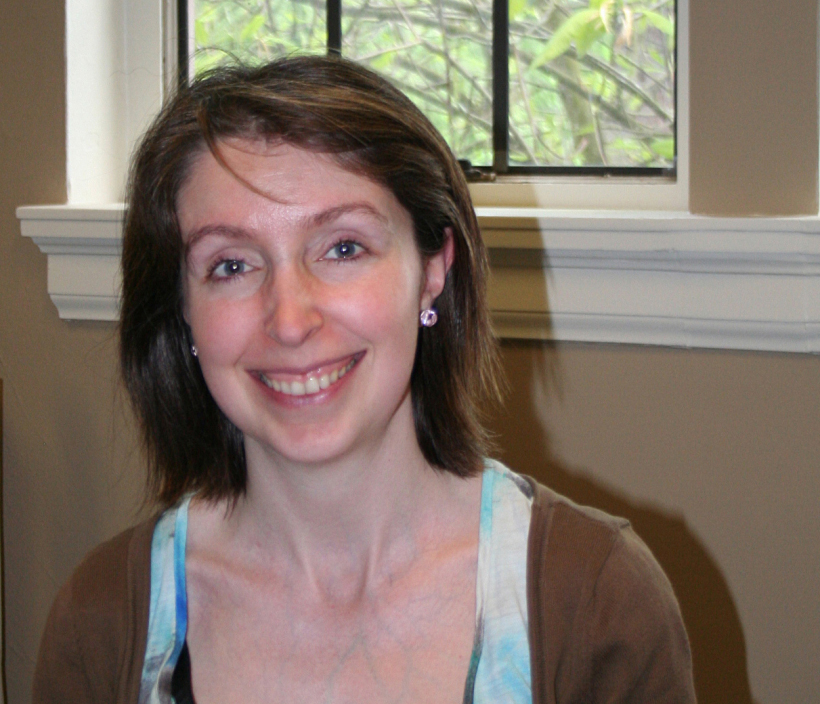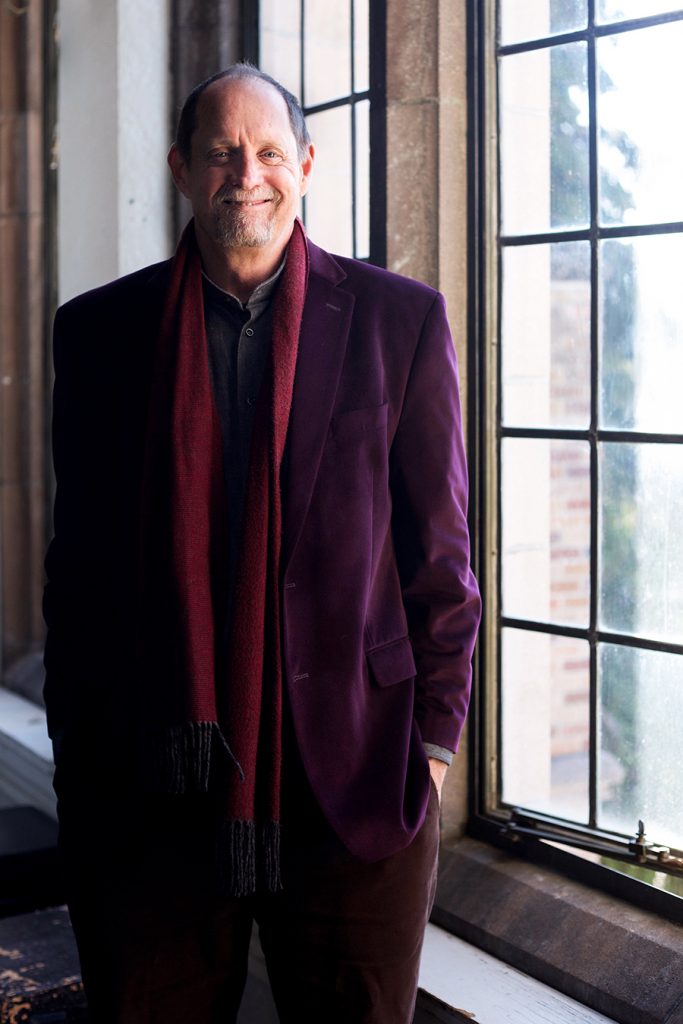Who We Are
The Center for Performance Studies represents a consortium of programs, faculty, and graduate students engaged in the study of performance culture across the disciplines. Our faculty is working on a day-to-day basis to further our goals.

Dr. Stefka Mihaylova
Director – UW Center for Performance Studies
Stefka Mihaylova holds a Ph.D. in Theatre Studies from Northwestern University. Her research focuses on gender and racial aspects of spectatorship in contemporary American and British feminist theatre. She has published articles on the plays and performances of Tony Kushner, Carolee Schneemann, and the Guerrilla Girls. She has also worked as a production dramaturg at several theatres in Chicago and has read play manuscripts for Chicago’s Goodman Theatre.

Dr. Scott Magelssen
Scott Magelssen is a Donald E. Petersen Fellow, Professor, Head of History, Theory, and Criticism, and Undergraduate Coordinator in the School of Drama. He holds a PhD in Theatre History, Theory, and Dramatic Literature from the University of Minnesota, and teaches Theatre History and Performance Studies. His most recent book, Performing Flight: From the Barnstormers to Space Tourism, was published by the University of Michigan Press in 2020. He is the author of Simming: Participatory Performance and the Making of Meaning (2014) and Living History Museums (2007), and co-editor of Enacting History (2011), Theatre Historiography: Critical Interventions (2010), and Querying Difference in Theatre History (2007). He is the Editor of Southern Illinois University Press’s Theater in the Americas series and co-edits the website theater-historiography.org with Henry Bial.

Dr. Jasmine Mahmoud
Jasmine Mahmoud is Assistant Professor of Theatre History and Performance Studies at the University of Washington, with an affiliate appointment in the Division of Art History. She received her PhD in Performance Studies with a Certificate in African American and Diaspora Studies from Northwestern University. A performance and art historian, Mahmoud engages avant-garde theater, performance art, visual culture, Black aesthetics, critical race studies, feminist and queer of color critique, cultural and public policy, arts management, and geography. She joins the School of Drama faculty in 2021 after teaching at Seattle University and Washington University in St. Louis. She regularly publishes in academic journals and public venues, and presents at conferences including AAAE, AAG, ASA, ASTR, ATHE, and PSi.

Dr. Odai Johnson
Odai Johnson has published widely, his articles have appeared in Theatre Journal, Theatre Survey, New England Theatre Journal, Theatre Symposium and the Virginia Magazine of History as well as contributions to numerous anthologies. His books include Rehearsing the Revolution (University of Delaware 1999), The Colonial American Stage: A Documentary Calendar (AUP: 2001), Absence and Memory on the Colonial American Stage (Palgrave-Macmillan, 2005), London in a Box (Iowa 2017), a finalist for the Theatre Library Association Freedly Award, and Ruins: Classical Theatre and Broken Memory (University of Michigan, 2018), as well as contributor to the Oxford Handbook of Dance and Theatre, Oxford Handbook of The Georgian Theatre, the Oxford Handbook of American Drama. He contributed the lead article to the recent Routledge Companion to Theatre Historiography. He teaches a range of theatre and performance history courses for the undergraduate program, and seminars in theatre history for the doctoral students. These seminars range from the studies of the classical past, Conversations with Antiquity, to the Baroque spectacles of power, the Early Modern and Transnational, the Long 18th century, historiography, and recently, Staging the City, a class on cities and civic identity taught in Rome. Professor Johnson previously held the Floyd and Delores Jones Endowed Professorship in the Arts, and has recently been honored as a Distinguished Alumnus from the University of Utah. In 2020 Odai Johnson was inducted into the College of Fellows of the American Theatre.